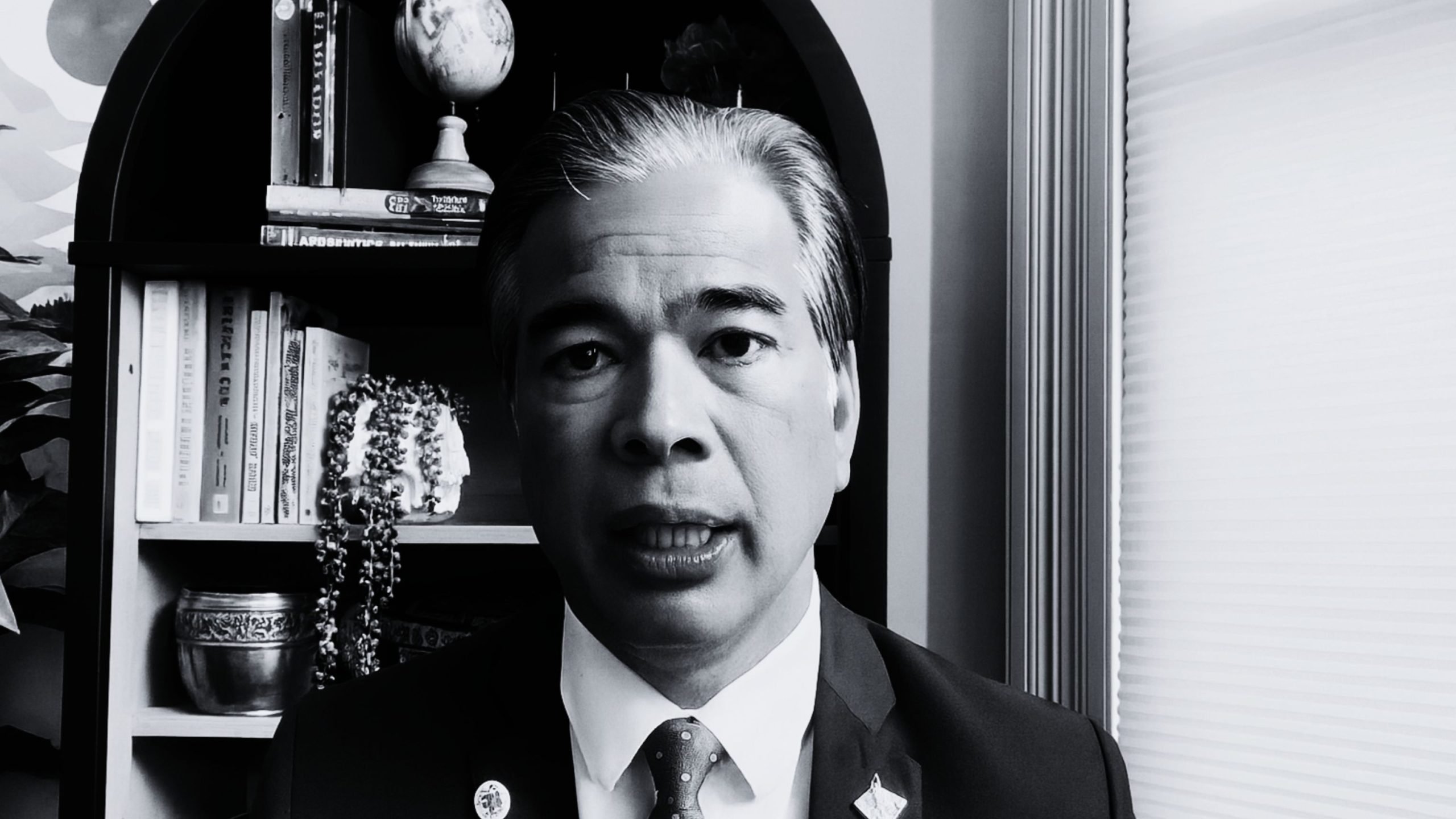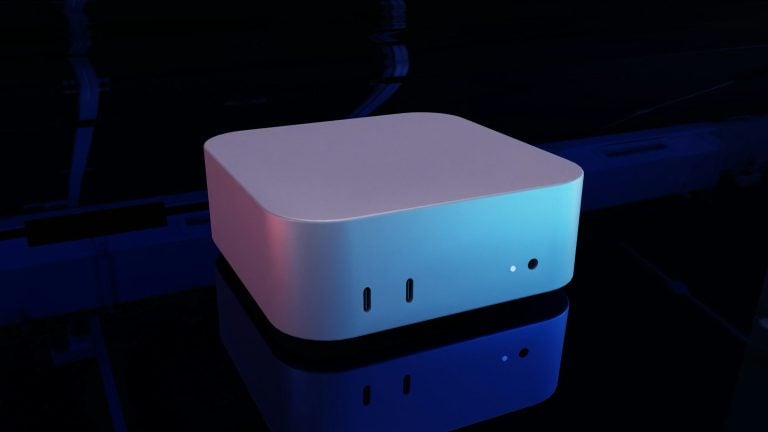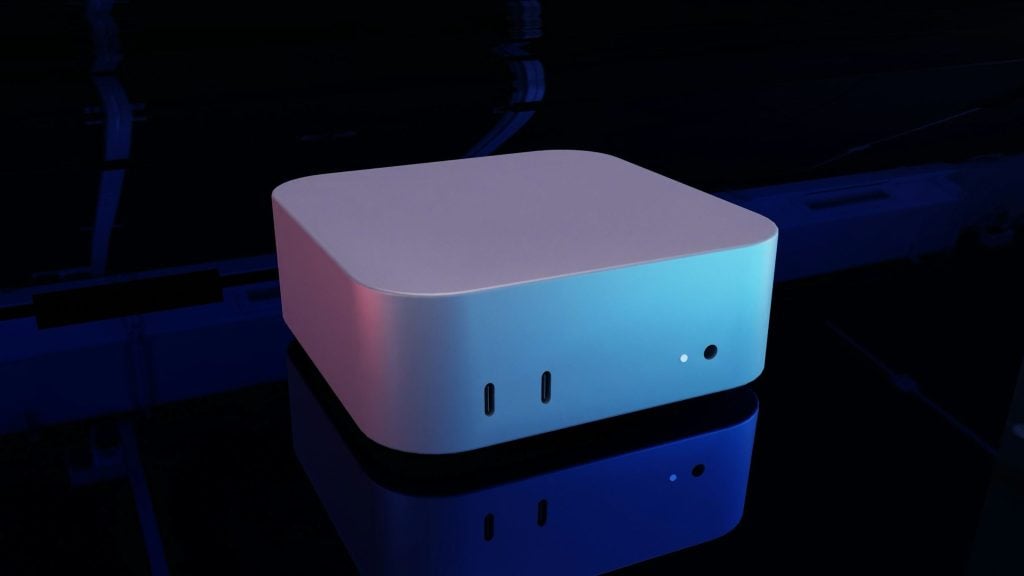California Attorney General Rob Bonta has launched the preliminary phase of rulemaking for Senate Bill 976, the “Protecting Our Kids from Social Media Addiction Act.”
The legislation mandates that social media companies use “age assurance” systems to determine whether a California user is an adult or a minor.
The Attorney General has until January 1, 2027, to complete and adopt the final regulations.
The California Department of Justice (DOJ) will host a public meeting on November 5, 2025, to gather feedback from residents, experts, and organizations about how these rules should be structured.
The DOJ is seeking public comment on the potential effects of the proposed regulations.
Citizens can send their comments in written form to [email protected]. Note that any information provided is subject to the Public Records Act.
SB 976 was introduced to limit the impact of addictive online design features on minors. It requires the Attorney General to create standards for age assurance and parental consent that align with the Act’s stated purpose of child protection.
However, privacy advocates have raised alarms that the “age assurance” requirement could erode online anonymity, forcing individuals to hand over sensitive identification data to access social platforms.
Such systems could expose Californians to new risks of data collection, profiling, and potential misuse of personal information.
The DOJ has requested public input in three main areas:
- Methods and technical standards for age verification on social media and digital platforms used by minors.
- Continuing obligations for platform operators tasked with performing age checks.
- Procedures and protections surrounding parental consent for minors’ participation online.
The law’s age verification provision has already faced legal challenges.
NetChoice, a trade association representing major technology firms, filed suit against Attorney General Bonta, asserting that SB 976 violates the First Amendment by requiring Californians to surrender personal documentation in order to engage in lawful online speech.
On September 9, 2025, the US Court of Appeals for the Ninth Circuit mostly upheld SB 976 but did not rule definitively on the age assurance section, noting that it could not yet determine its effect on free expression until the regulations were finalized.
On September 23, NetChoice submitted a petition for rehearing en banc, seeking review by the full court rather than the original three-judge panel.
Unless the Ninth Circuit agrees to rehear the case, the Attorney General may continue developing the rulemaking framework.
However, if the court grants the rehearing, it could temporarily halt enforcement of the age assurance provisions or even suspend the law altogether.










